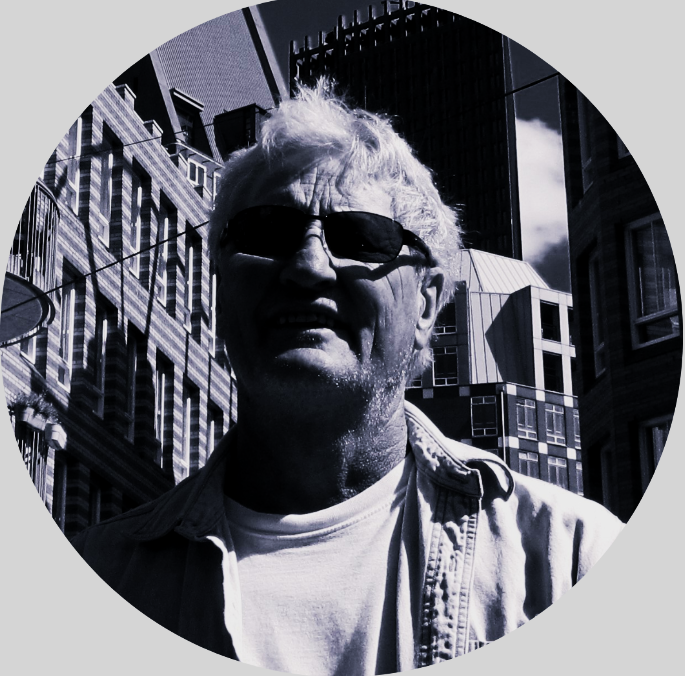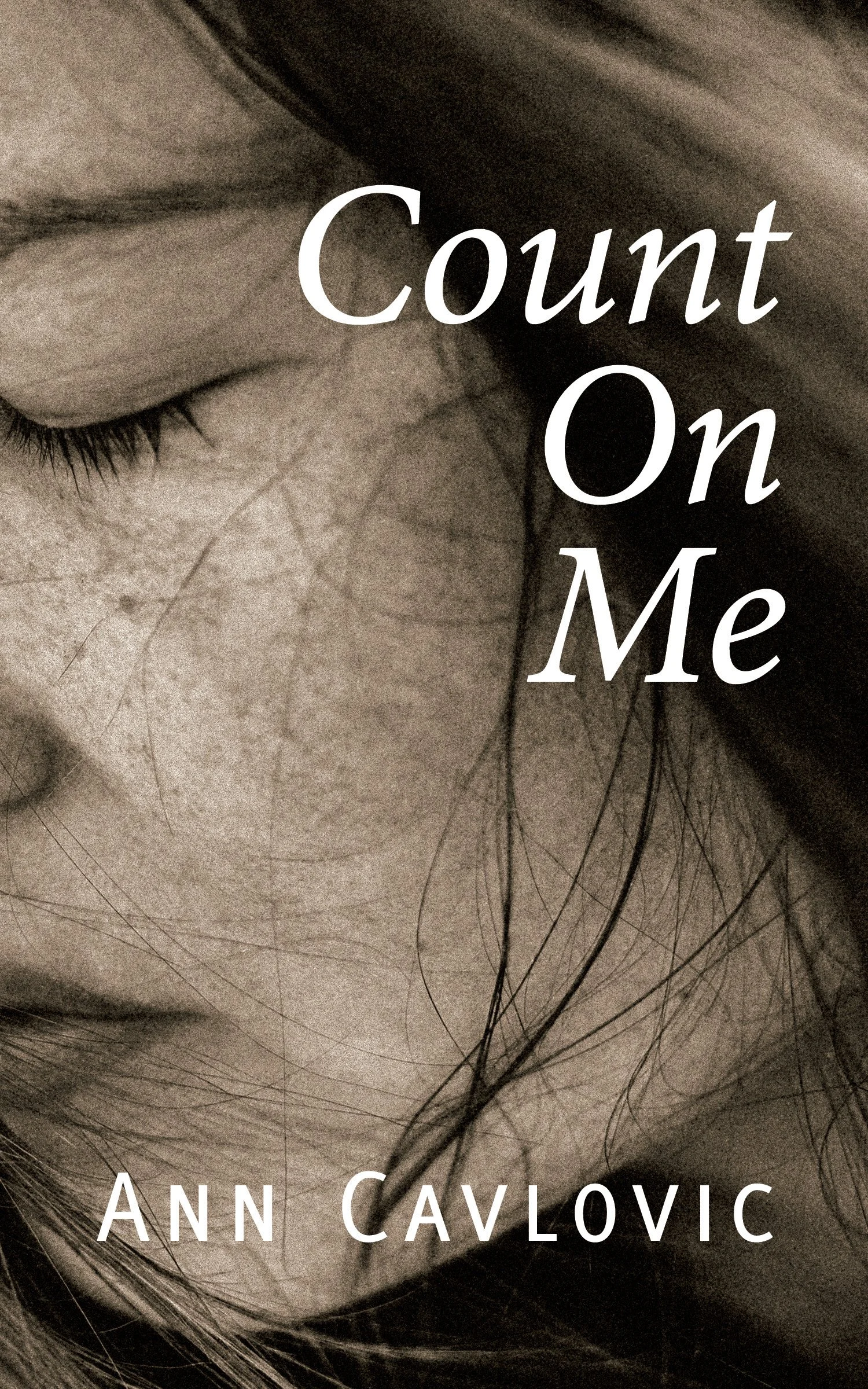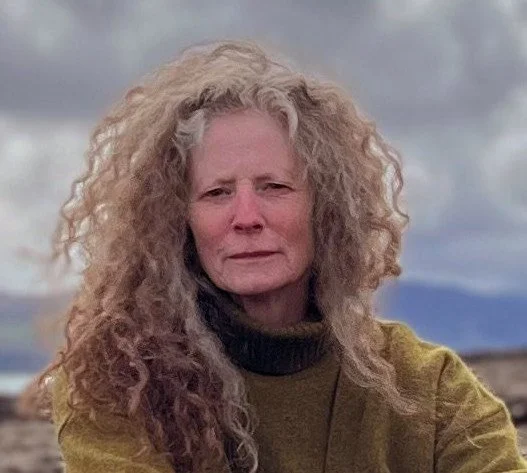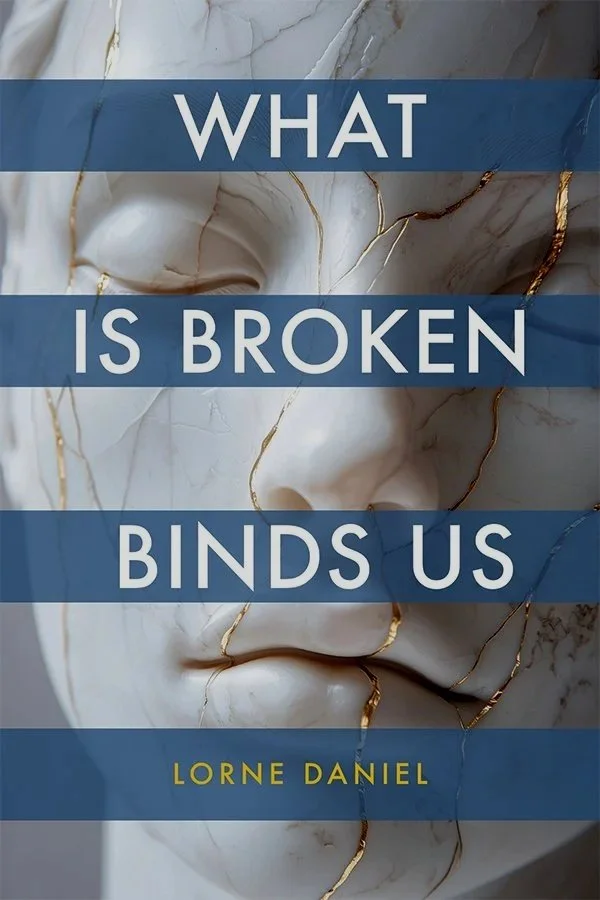Want to start writing editorial book reviews? This is a great way to strengthen the literary community, gain publication credits, network, get free books, and even make a little cash (usually $25 to $125 per review, although not every outlet offers payment).
Michelle Hardy reviews Reem Gaafar’s A Mouth Full of Salt (Invisible Publishing, 2025)
In her debut novel, A Mouth Full of Salt (Invisible Publishing 2025), author, physician, and filmmaker Reem Gaafar inspires readers to study some of the complex history between Sudan and South Sudan. Gaafar’s novel zigzags along the fringes of western science and cultural belief; contemplates how the Nile gives but also takes away; and challenges how formal education compares with life experience. Gaafar moderates these intersections with sensitivity and care.
Excerpt from Into the D/Ark by David Elias
The Ark loomed before her now, a green monolith in a sea of white, like a land mass all its own that by its sheer size was able to alter the course of the storm. Martha watched the snow sweep up onto the wide plane of its sprawling roof, slide in wide swaths along the incline until it crested over the peak in swirls and eddies, sifted down the far side to cascade gently over the edge, settle along the wall in a long line white.
Power Q & A with David Elias
Excerpt from The Chorus Beneath Our Feet by Melanie Schnell
It is a cool spring morning, and a boy and a girl are running, breathless and laughing, in ragged circles around their backyard. The girl gallops clumsily, just out of reach of the bigger boy’s grasp. The two-storey house behind them is faded white clapboard, the paint chipped and peeling at the edges. An old shed crouches at its flank, its low roof sagging beneath the weight of tree droppings and decades-long neglect. The sun shines through smudged clouds onto the damp grass. They are both barefoot, and their heels and toes are numb. The tips of fungi tendrils, intertwined in the grass roots and searching upward from dark earth, touch their soles.
Power Q & A with Brockton Writers Series
We love live literary events. Festivals, reading series, bookstore book launches: we are just about always game for a good ol’ bibliofest. We also know that many of these events operate by the mercy of grants, volunteers, and long, hard, and often thankless hours. No one who loves books and literature should take these vital initiatives for granted. Not only do authors often depend on them to create more awareness for their work, but our culture depends on them to keep the literary arts vibrant. That’s why we reached out to one of of favourite downtown Toronto reading series, Brockton Writers, and asked them to be a guest this month on our Power Q & A series.
Excerpt from Honeydew by Ben Zalkind
The four subversives dug into their backpacks with nervous, twitching fingers. They unzipped the vinyl and openedthe lunchboxes fully to allow themselves full range ofmovement. A pair of nitrile gloves was balled up at the bottom of each of their floppy packs. With as little motion as they could manage, they pulled them over their fingers and up to their wrists.
9 Spooky Must-Read Books By Canadian Authors
How I researched the hidden realities of elder abuse by Ann Cavlovic
Excerpt from NMLCT by Paul Vermeersch
Power Q & A with David Giuliano
This past May, I turned sixty-five. Pearl, my beloved, asked what I wanted for my birthday. When she turned sixty-five, she wanted a party. I booked a local venue and chef, put together a 1970s top-ten playlist, and a birth-to-sixty-five video to the tune of “What I Like About You,” by the Romantics. It was a blast.
Me? I wanted a casket. I had stumbled on the Fiddlehead Casket Kits website. “Build your own pine casket in under 30 minutes with this handcrafted casket kit,” it said, “delivered directly to your door.”
I told Pearl, “I want a casket for my birthday.”
Excerpt from The Haunting of Modesto O'Brien by Brit Griffin
Lily released the arm of Mr. Johnstone and turned to look at Coffin. “I think you have me confused with someone else. I’m Theodora Bow, here with the travelling show. Colleen Bawn? Perhaps you’ve seen it?”
Coffin, grinning now, said, “You can certainly act. But you can’t lie about those violet eyes of yours, can you?”
Lily rested her hand on Johnstone’s arm to bring him along with her as she took a few steps towards Coffin. She sighed and said, “Sir, you really are confused,” and then smiling patiently turned to Mr. Johnstone and said, “Mr. Johnstone, what colour are my eyes?”
Power Q & A with Brit Griffin
It is maybe odd to only write about where I live — all four of my novels are set in and around Cobalt, and most of my musings & reflections are also generated from this landscape. Odd maybe, but I feel a sense of the imperative to pay attention to the land I inhabit. Scrappy and used up as it is, and still showing the scars of short-lived but hyper-industrial activity, it is a place worth seeing, as in discovering the minutiae, the magic, the vulnerabilities, and the joy, in and of and around this place that I inhabit. It seems to me now obvious, though I wish I had seen it sooner in my life, that any hope we have of being better, of finding a way of being in the world that is non-destructive, lies in seeking atonement from the land we inhabit, its creatures and beings, wherever that happens to find us.
Power Q & A with Melanie Schnell
Several years ago the idea of what exists beneath the ground, beneath our feet, began to worry itself away in my brain. It all began with learning about the scores of indigenous children who died at the Residential Schools. Then I read more stories of mass graves being unearthed, such as hundreds of infant remains at a former home for unwed mothers in Ireland, and a mass grave recently discovered in Syria from Assad’s crackdown on protestors.
Power Q & A with Ben Zalkind
Satire is tricky. In a free society, it can be a form of entertainment, which confirms for its audience the idiocy and silliness of “that thing we enlightened people are against.” In dicier milieus, such as Putin’s Russia, satire cannot be reckless, lest it disappear. It has to be clever, damning, and opaque enough to cloak its true purpose, which is as a tool of resistance. Making fun of our overlords is serious, political business.
Power Q & A with Stephanie Bolster
The timing of the book’s release was coincidental, though it’s a fortunate coincidence in that Katrina and the subsequent levee breaches that wreaked such devastation in New Orleans are back in the public consciousness and may make readers more interested in the perspective the book offers. Sadly, the inequalities the disaster highlighted are even more acute now than they were then, and the climate change that contributed to the storm has only worsened.
Addiction, Family, and the Story Behind Lorne Daniel's What is Broken Binds Us
“I initially wrote the story of our family’s journey purely to record what was happening as it happened,” says poet and retired communications consultant Lorne Daniel about his poetry collection What is Broken Binds Us. “The addictive behaviours, the anger, the borderline housing challenges disrupted and changed week by week, month by month, over years and stretched into decades,” he says of one son’s journey. “While we tried to support him, it was often a real challenge to track what was happening, even to track where he was.”
Excerpt from Votive by Annick MacAskill
Votive considers various forms of devotion and our often fraught attempts to respond to “our confusion, our curiosity.” These are poems concerned with the way we use stories, old and new, to connect our experiences, and the way we persist in our quest for love, hope, and meaning when language falters —“What we couldn’t say we found in the skies.” MacAskill’s great gift resides in her facility for coaxing things evasive and intuitive into crisp form and language, in voicing what “so quickly I /knew and knew and knew.”
Excerpt from Long Exposure
After Hurricane Katrina, the photographer Robert Polidori flew to New Orleans to document the devastation. In the wreckage he witnessed, and in her questions about what she saw in what he saw, Stephanie Bolster found the beginnings of a long poem. Those questions led to unexpected places; meanwhile, life kept pouring in. The ensuing book, Long Exposure, is Bolster’s fifth, a roaming, associative exploration of disasters and their ongoing aftermaths, sufferings large and small, and the vulnerability and value of our own lives. Incremental, unsettling, Long Exposure rushes to and through us.
Power Q & A with Sean Minogue
I know I’m hardly the first writer to use my hometown as a setting for a fictional story. I came upon this totally by accident, though. When I set out to “become” a writer in my early twenties, I was trying to latch onto anything except where I grew up. And that’s not because I had negative feelings about Sault Ste. Marie – I just hadn’t processed anything about my experiences there.





















